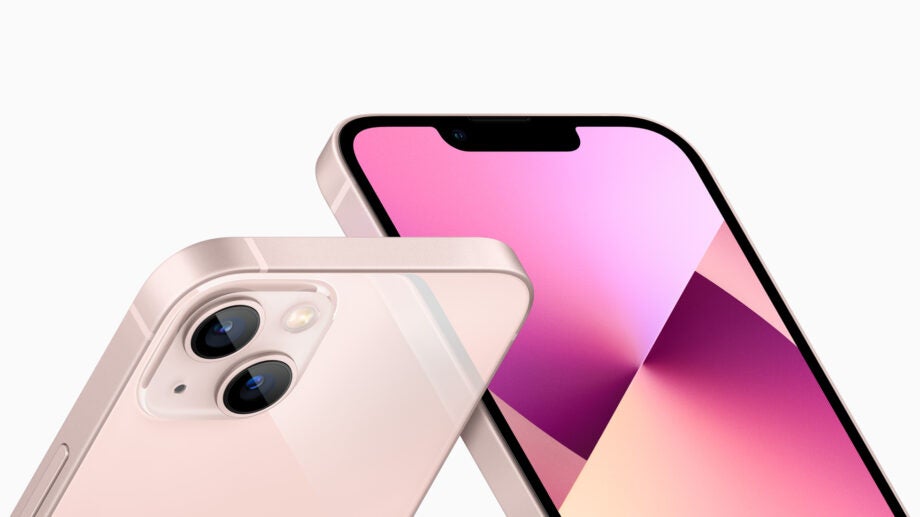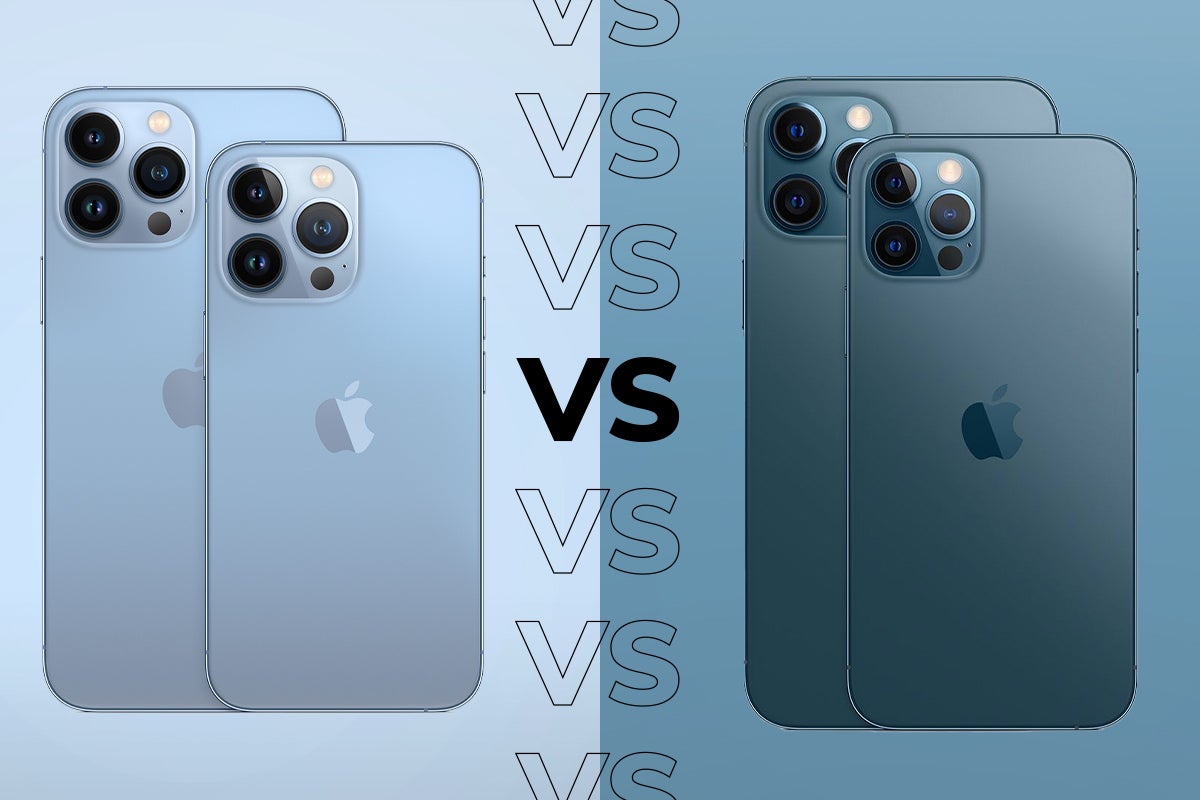iPhone 13 isn’t quite the 5G powerhouse Apple claims

The iPhone 13 range’s 5G capabilities might not be quite as expansive as we were led to believe, with mmWave access remaining a US-only feature.
It was widely reported ahead of launch that the iPhone 13 family would expand the iPhone 12 Pro‘s premium mmWave 5G access to more countries. Apple appeared to confirm this at its ‘California streaming’ launch event with the claim that “iPhone 13 works on 5G with the latest speeds and in more places”.
However, it’s since emerged that there’s still a clear regional divide when it comes to the iPhone 13 line’s access to the good stuff.
Head on over to Apple’s official iPhone cellular compatibility page, and you’ll find that mmWave 5G connectivity remains a US-only feature for the iPhone 13 and iPhone 13 Pro, just as it was with the iPhone 12 Pro.
As noted by MacRumors, analyst Ming-Chi Kuo and Taiwanese research firm TrendForce had both predicted that Apple would expand mmWave 5G connectivity to additional countries for the iPhone 13 range, including the likes of Canada, Japan, Australia, and parts of Europe.
This doesn’t mean that Apple’s statement of wider 5G coverage is inaccurate. All four iPhone 13 models support additional sub-6GHz 5G bands, which will enable them to expand their 5G coverage to some 200 carriers across 60 countries and regions by the end of the year.
It’s just that top level 5G speeds will continue to be reserved for Apple’s home market for at least another year, which will be a tiny bit frustrating if your own country (or specific area of city, as may be more likely) is packing mmWave infrastructure.





